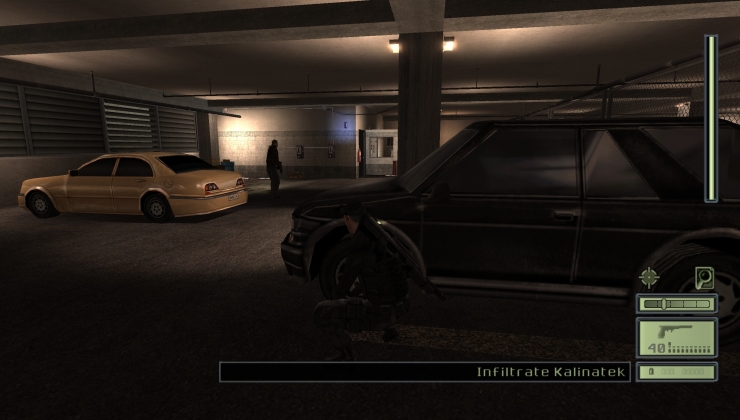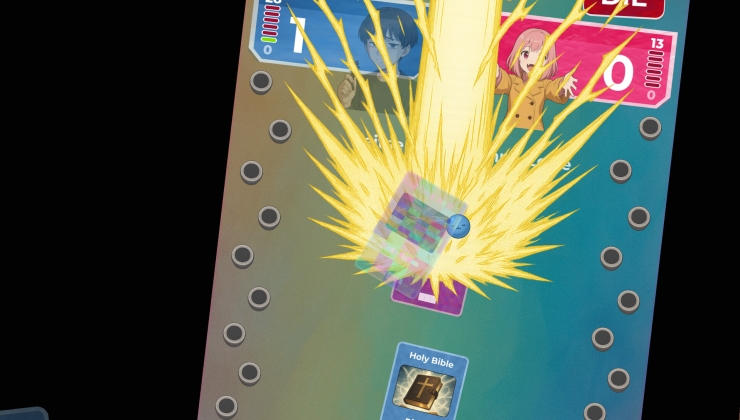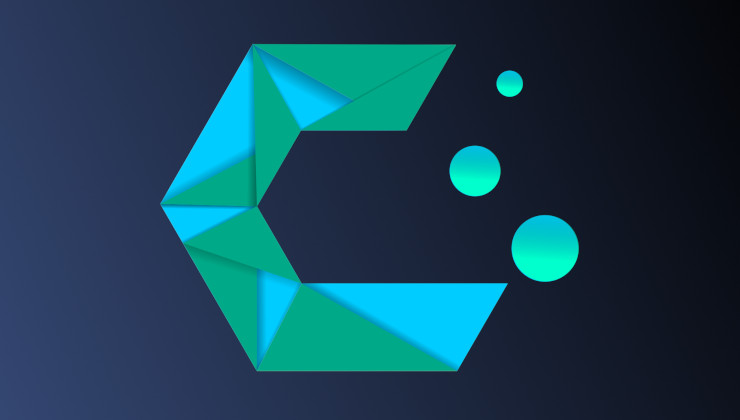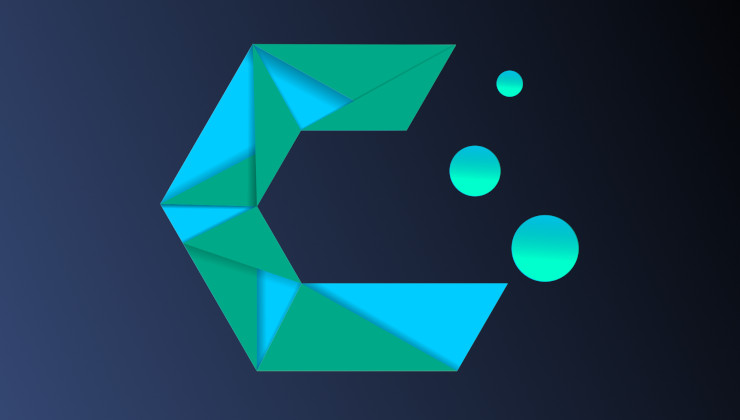Can you actually believe that the Vulkan API has just crossed over the 6 year mark? Sometimes it feels like it was only yesterday. It truly has helped to create some amazing stuff while it steadily takes over from OpenGL as the cross-platform open API to use.
While it's true that DirectX from Microsoft is still more widely used, mostly in part due to prior developer knowledge and the majority of games being very Windows-focused, that doesn't mean Vulkan hasn't made some impressive inroads.
Vulkan has grown a lot in this time. It now has included vendor neutral Ray Tracing available, there's Vulkan Video, Dynamic Rendering and the recent release of Vulkan 1.3 pulling in more extensions properly into the standard. Major game engines now have support for it including Unity and Unreal Engine, with Godot Engine preparing their next major release that will have support for it. There's also absolutely tons of tech now supporting it too like FNA and SDL2.
Some of the biggest work though has been with the likes of DXVK and VKD3D-Proton, two implementations of various versions of Direct3D that get translated to Vulkan. They're both used with Steam Play Proton, and they're part of the secret sauce on how so many games perform well. Especially important for the Linux-powered Steam Deck, since this is what Windows games will be running through. Without Vulkan, you might never have seen a Steam Deck. Heck, Valve recommends developers use the Vulkan API "for best performance and battery life".
An increasing number of games have native Vulkan rendering systems now too like Red Dead Redemption 2, Jupiter Hell, Metro Exodus, No Man's Sky, Path of Exile, the Serious Sam series, The Talos Principle, Superliminal, War Thunder and many more. Plus Valve continue adding in Vulkan to their games like Dota 2, CS:GO, Portal 2 and more using DXVK-Native.
We've also seen a few ports from Feral Interactive, that showed performance to be pretty good, and much better than their older OpenGL ports. This was something that excited Linux fans when it started happening, with F1 2017 being their first port that was Vulkan-only.
Even on Windows, some users have ended up manually using the likes of DXVK in their games to improve performance. There's also Stadia, which sadly has been something of a failure for both users and Google but Vulkan did enable that to happen too.
There's a lot more work to do if they want to bring more developers over though. Hopefully over the next few years we'll see an increase. With the Steam Deck approaching, perhaps that might be the tipping point - one certainly can hope.
So join us in celebrating 6 years of the Vulkan API.
Quoting: BumadarMy first reaction... wth, already six years.... sigh, time goes to fastSame.
And I still find it kind of incredible that one of the biggest changes was largely done by a single determined person.








 How to setup OpenMW for modern Morrowind on Linux / SteamOS and Steam Deck
How to setup OpenMW for modern Morrowind on Linux / SteamOS and Steam Deck How to install Hollow Knight: Silksong mods on Linux, SteamOS and Steam Deck
How to install Hollow Knight: Silksong mods on Linux, SteamOS and Steam Deck